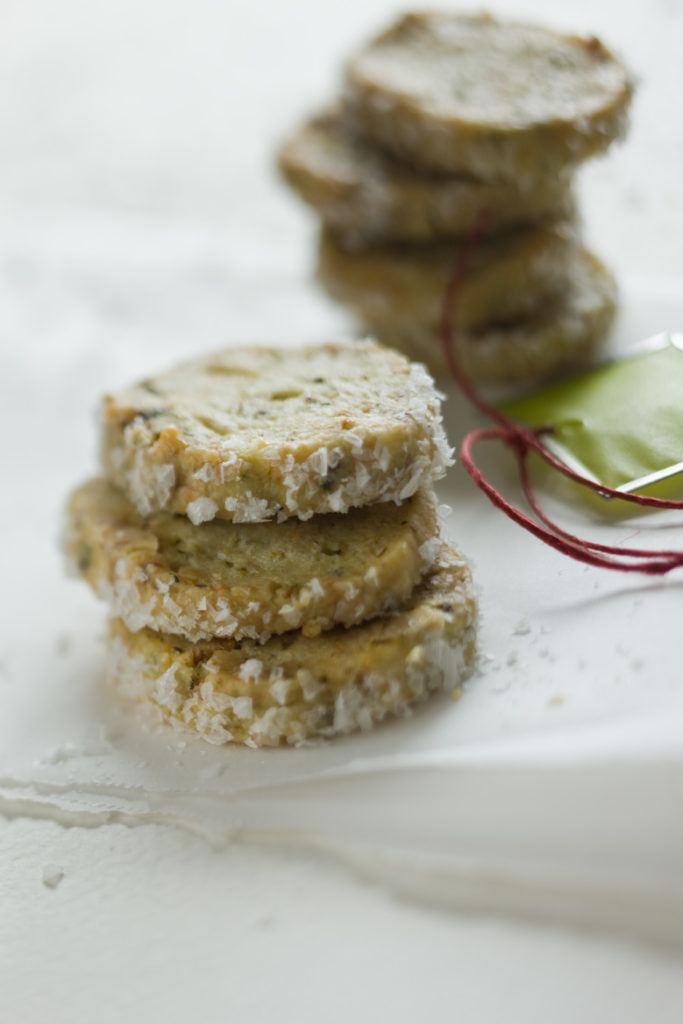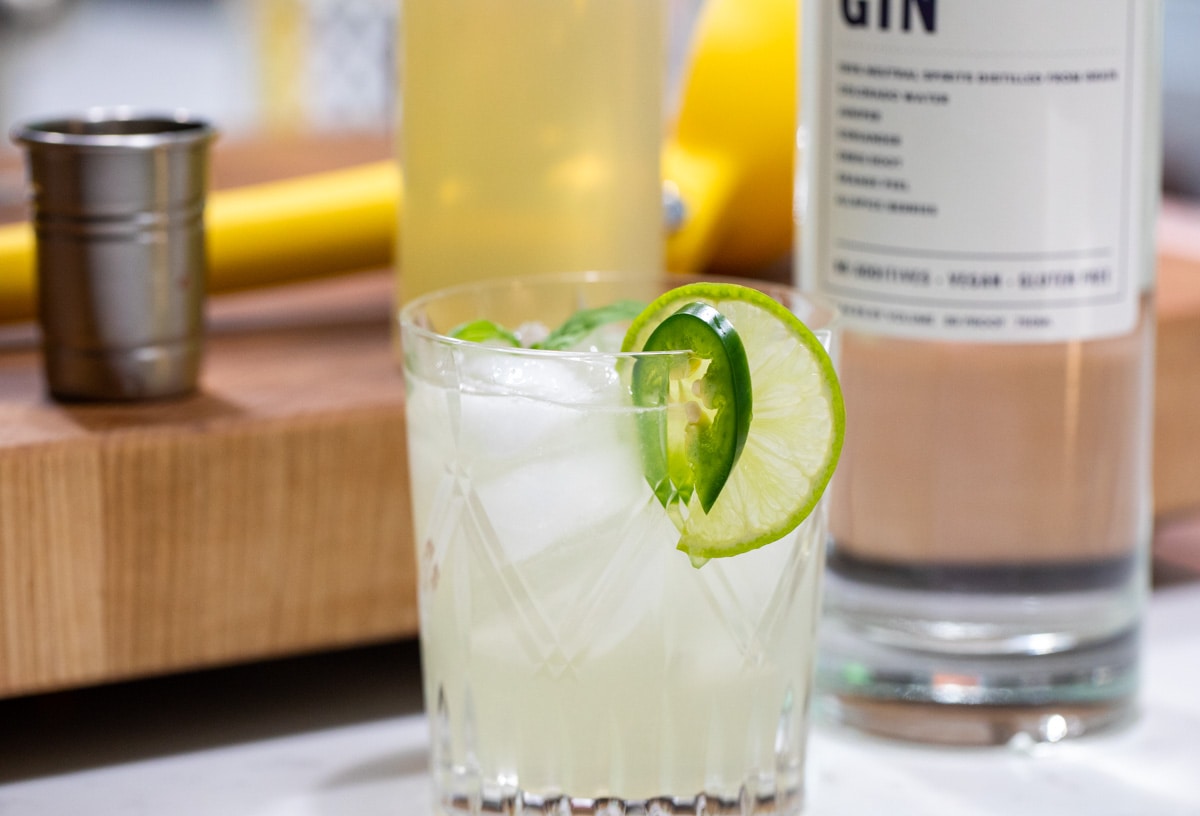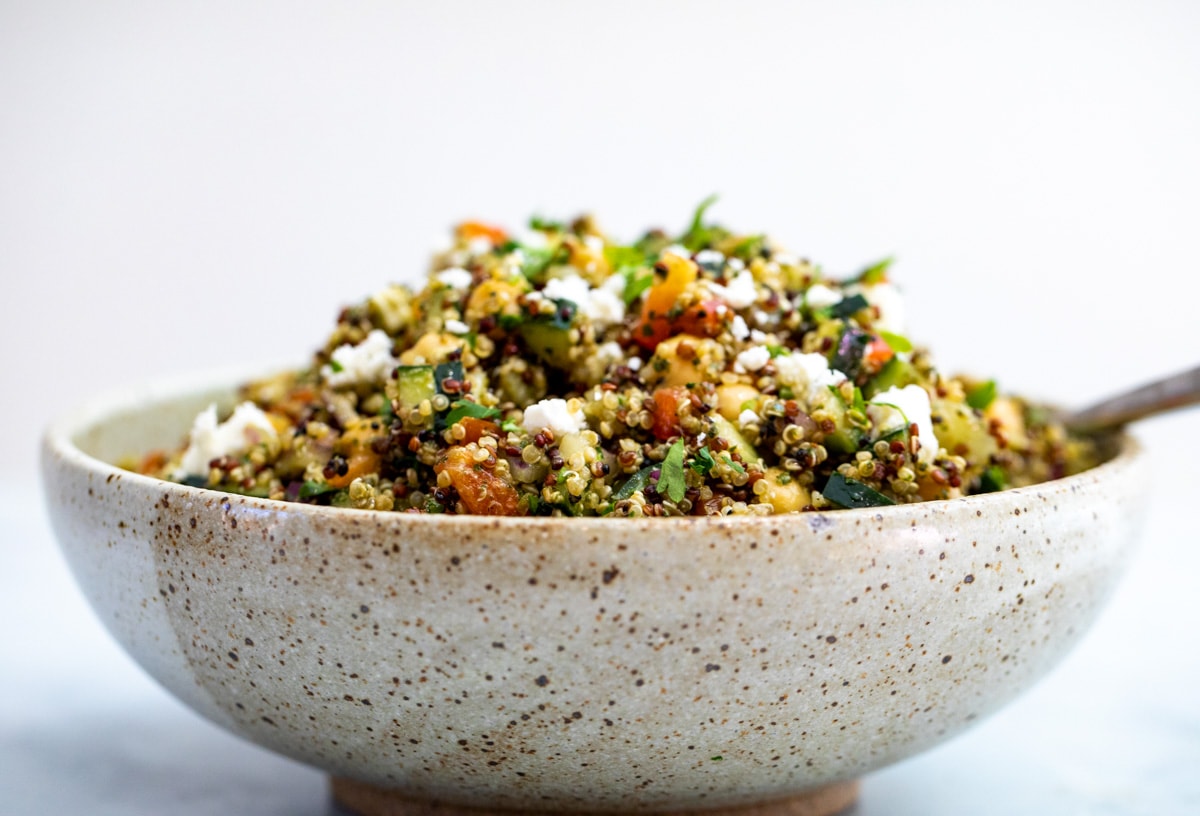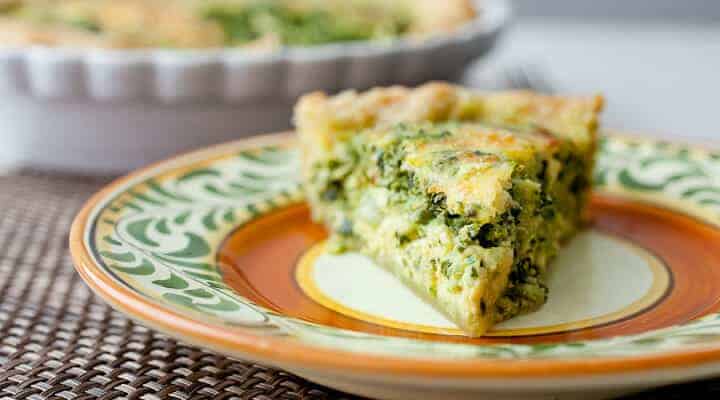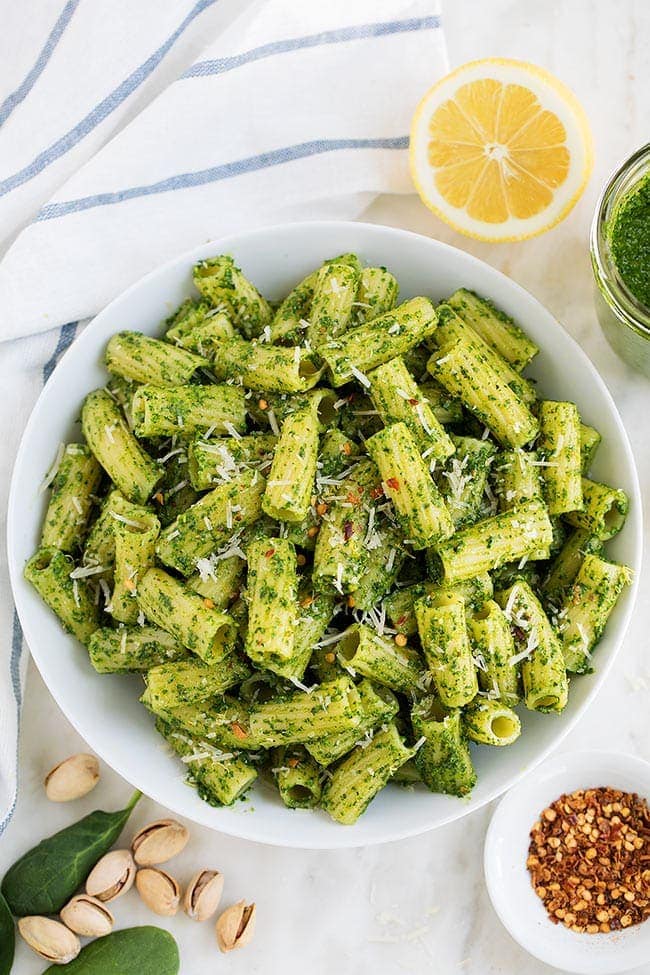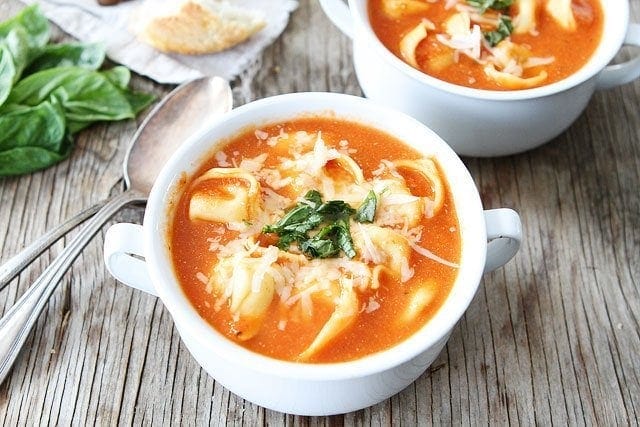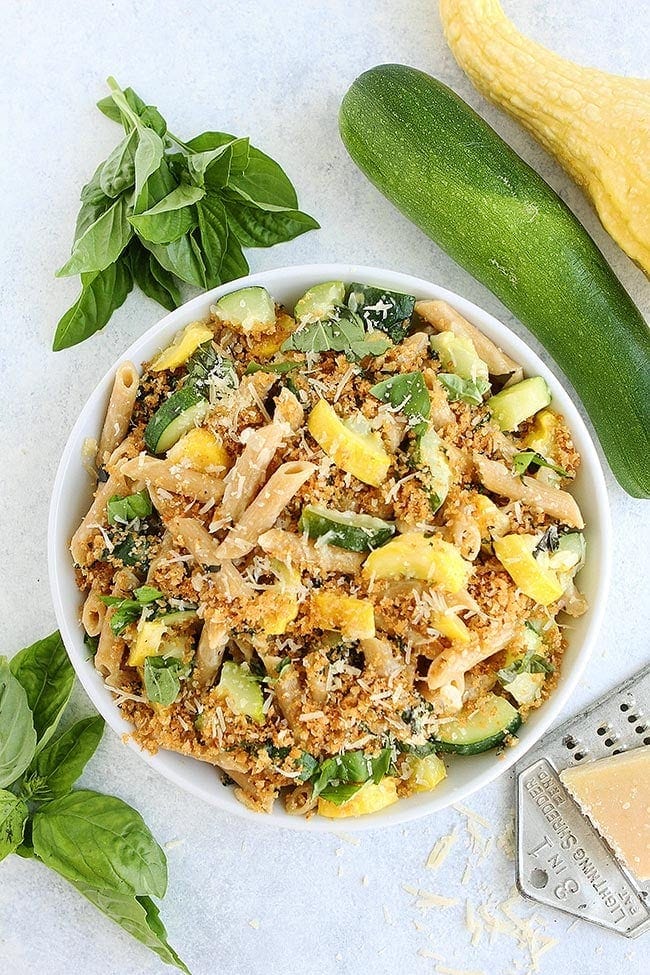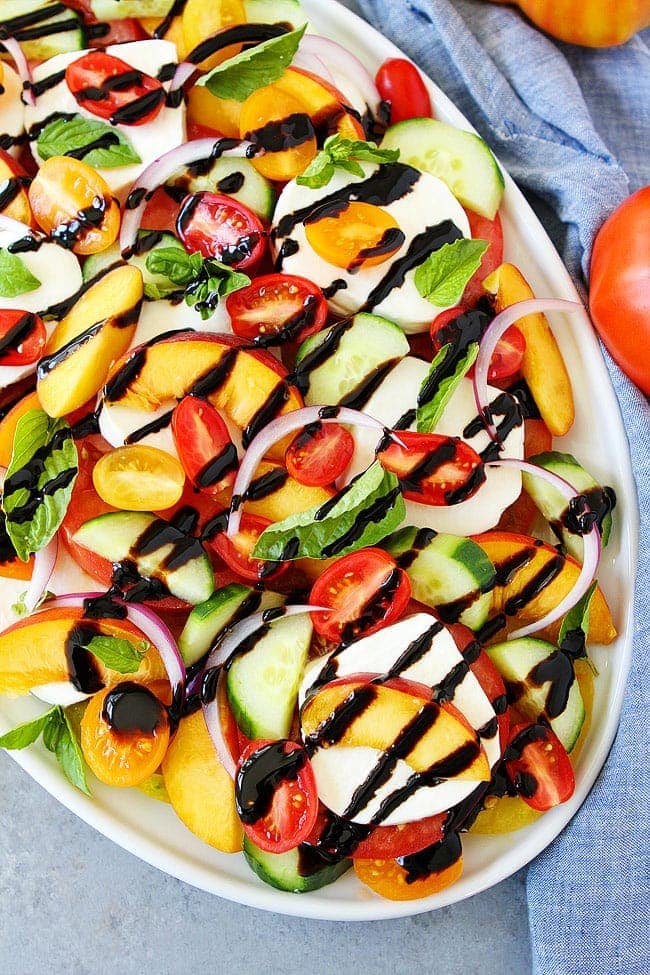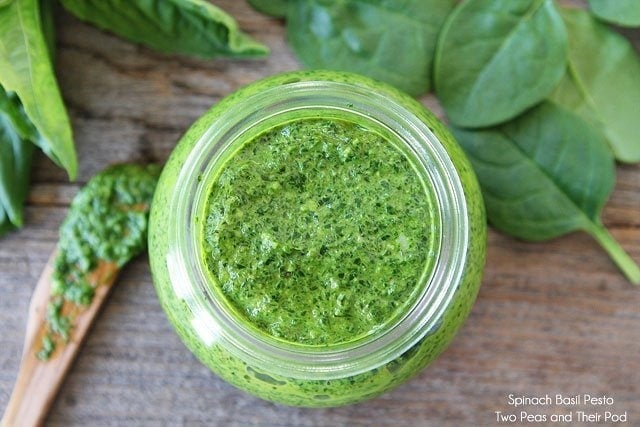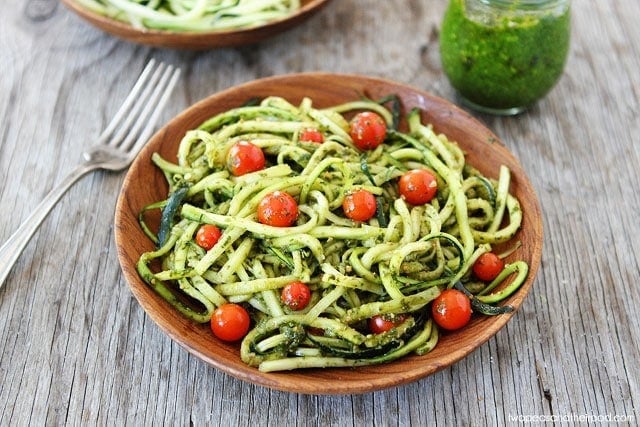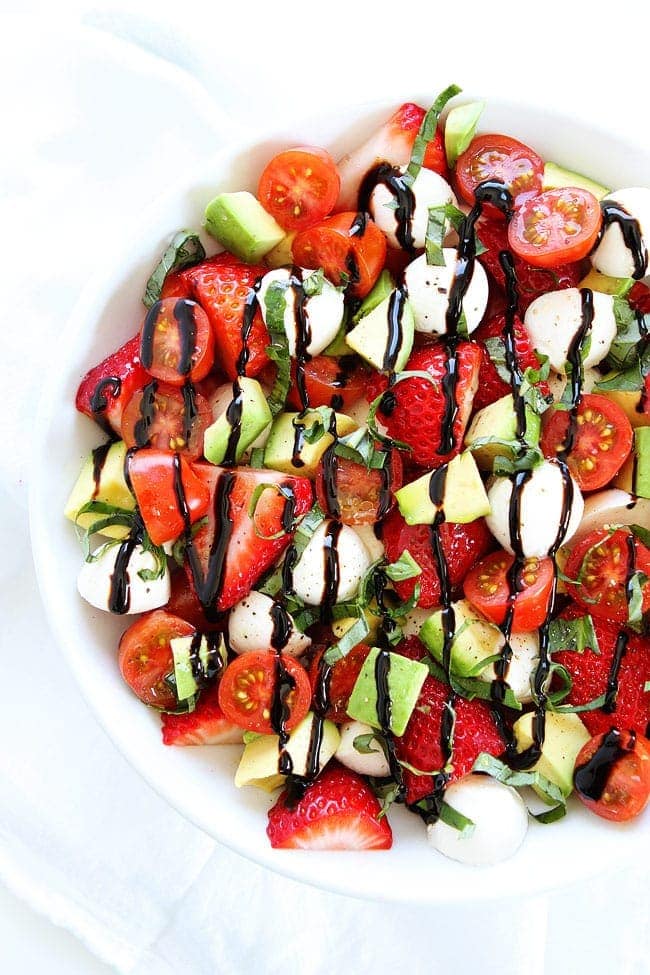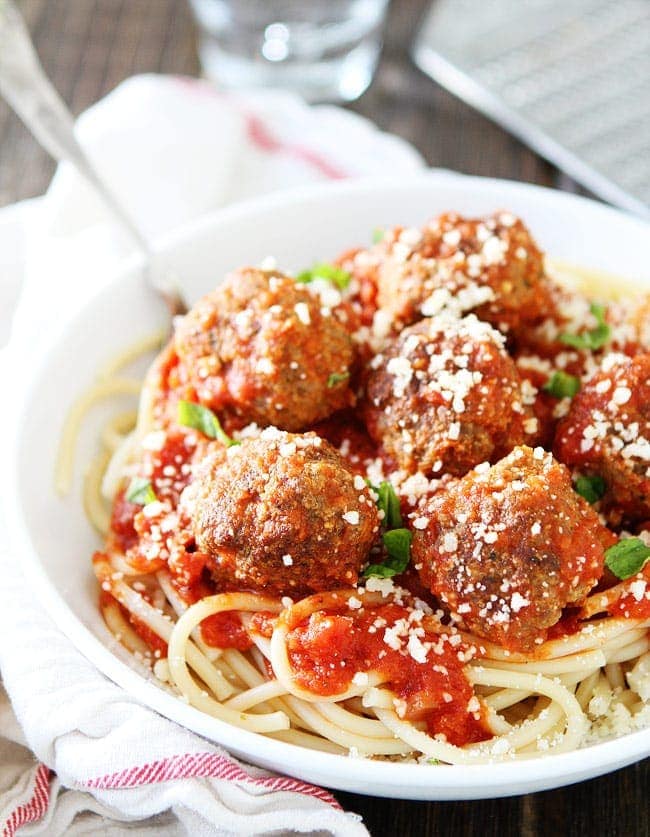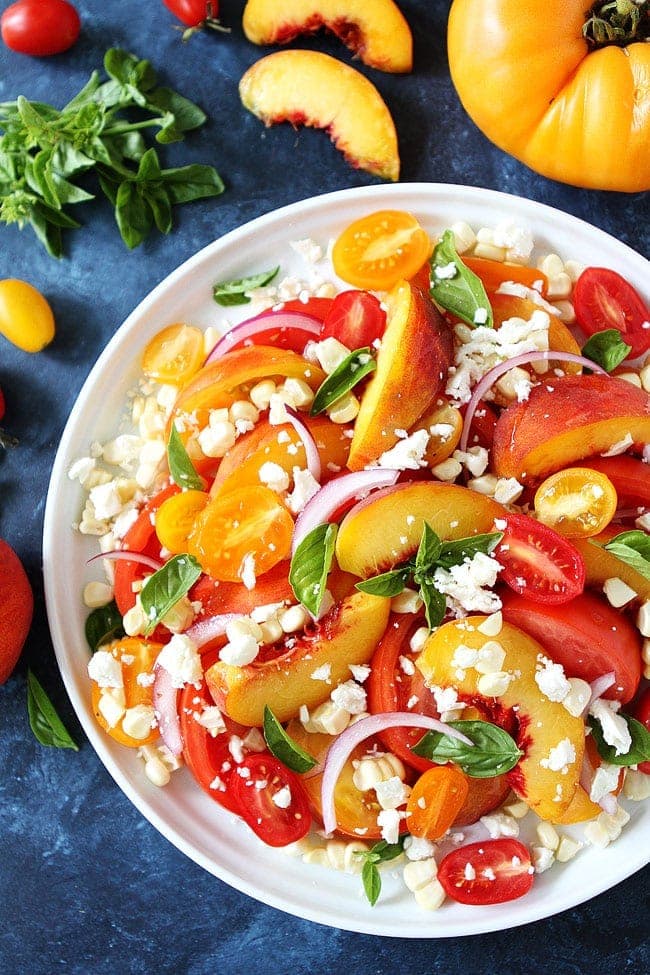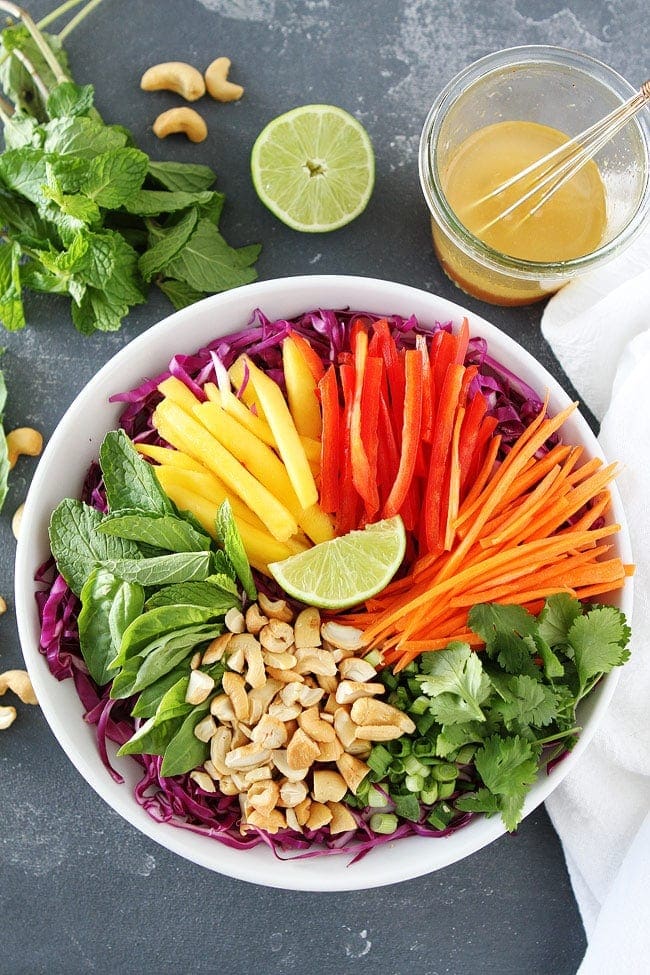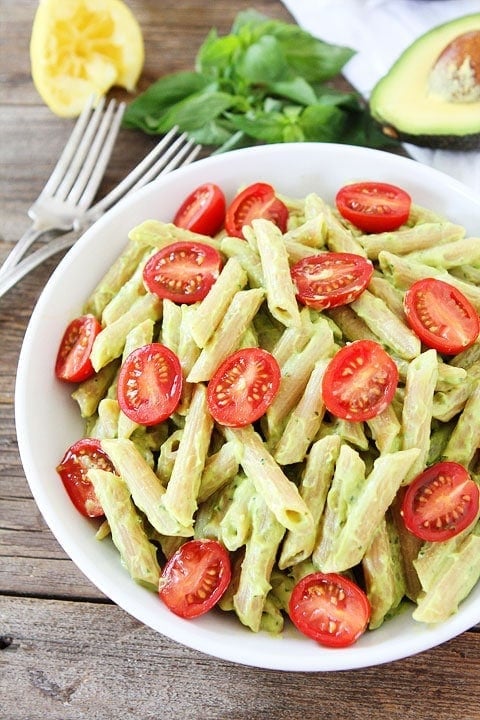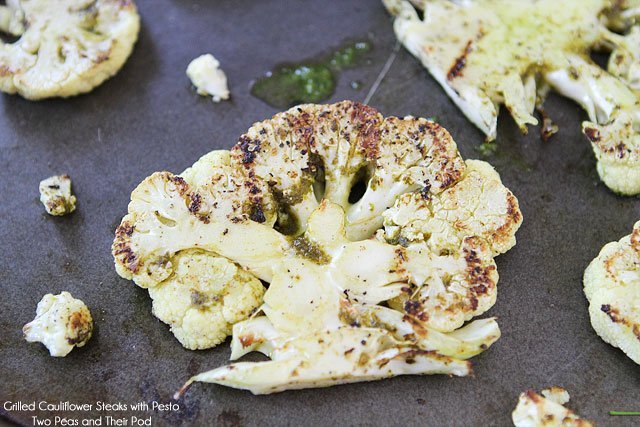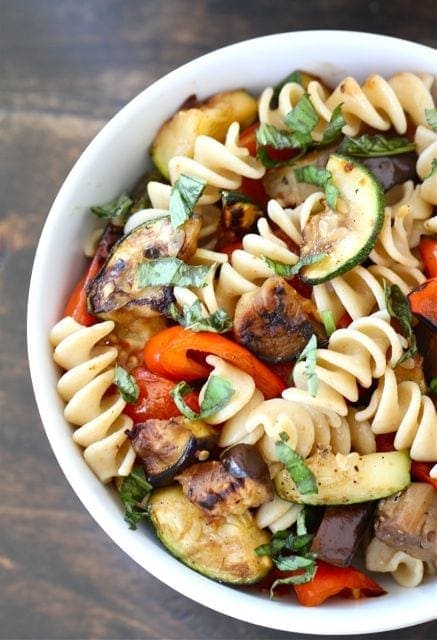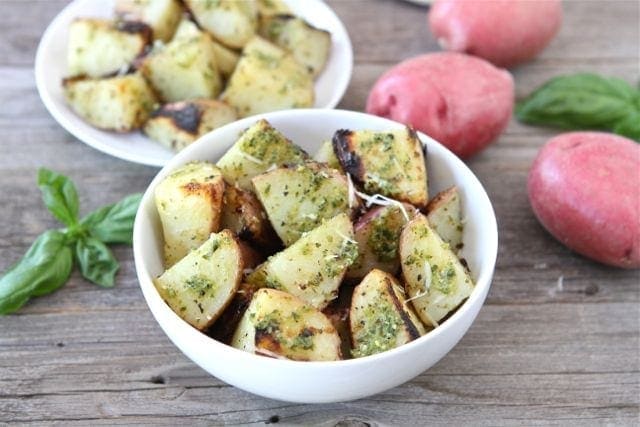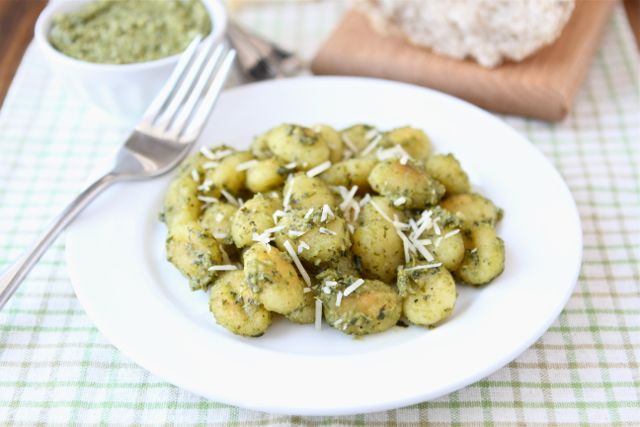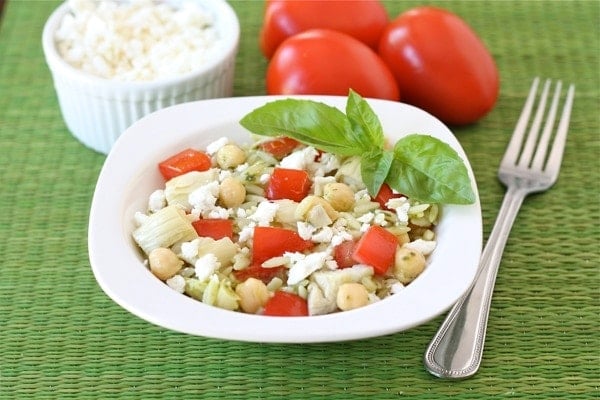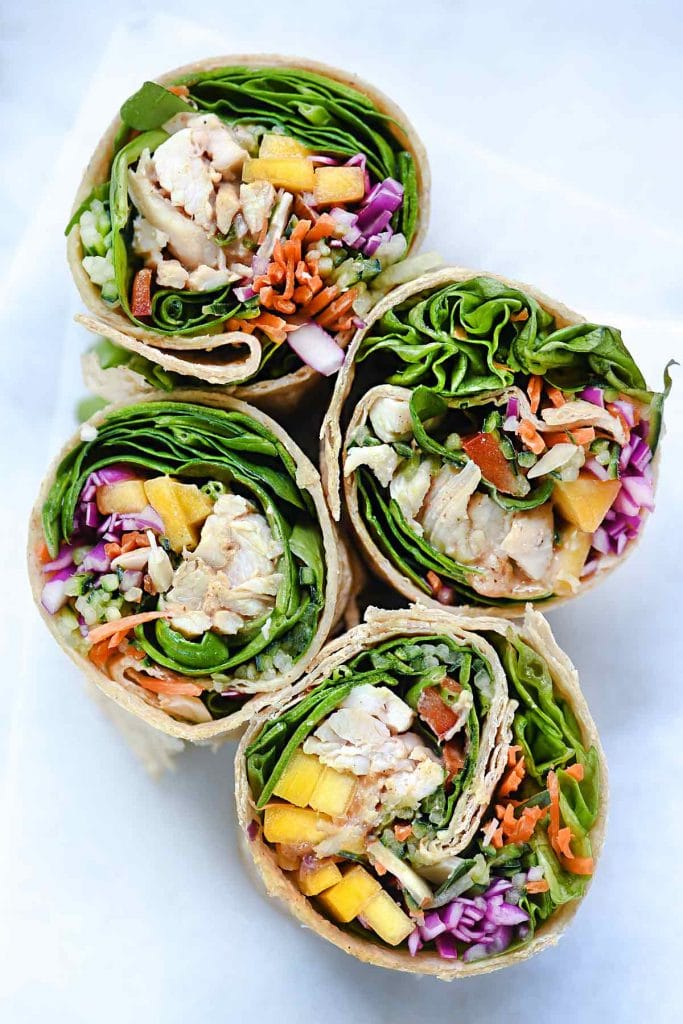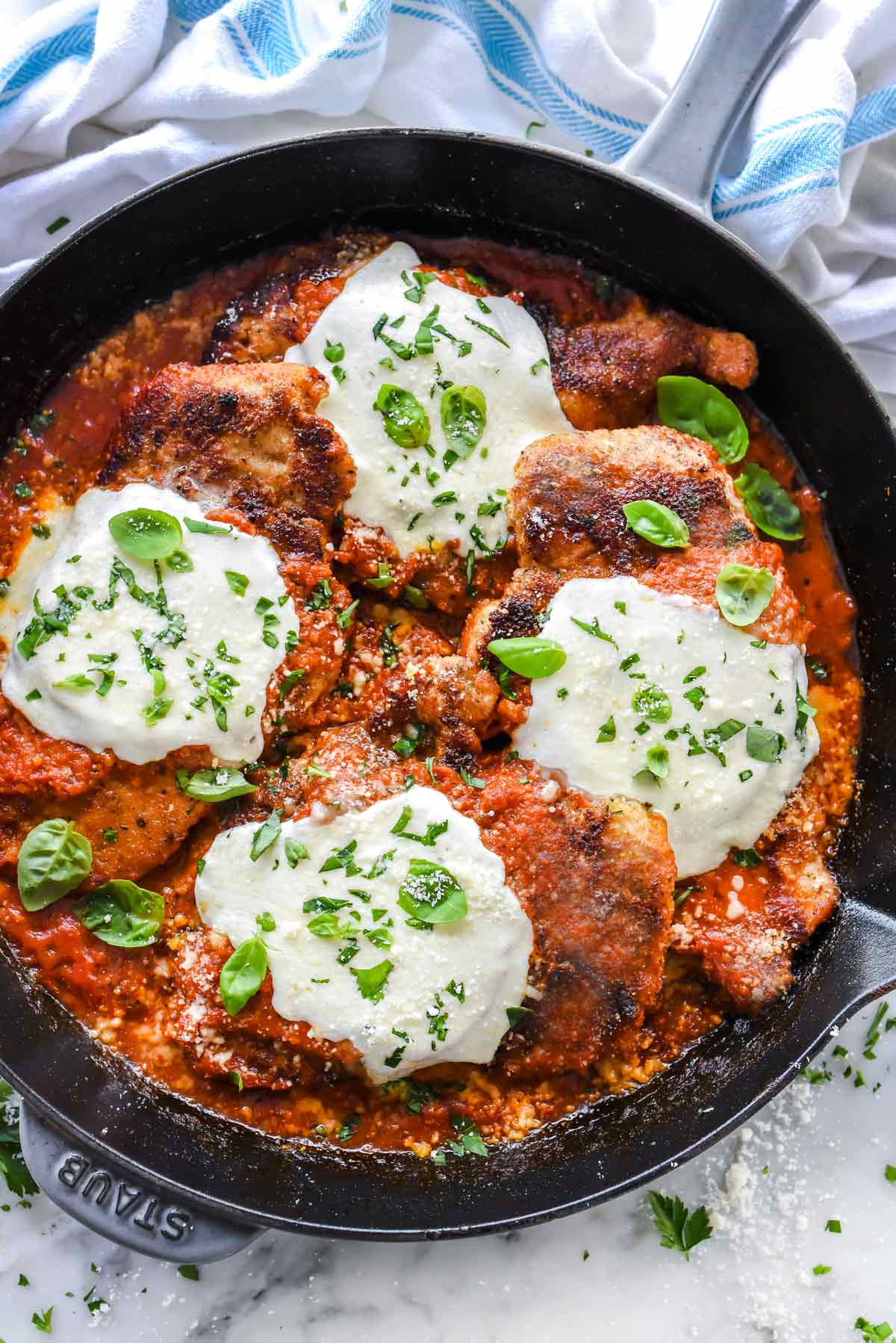Basil: Important Facts, Health Benefits, and Recipes
Explore the health benefits of basil, an aromatic herb rich in antioxidants, vitamins, and minerals, and learn about its history, varieties, and culinary uses.
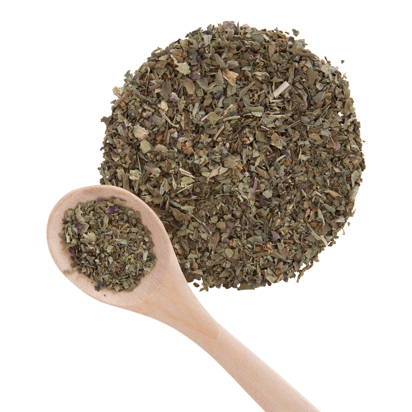
Nutritional Facts
5 leaves
Amount per serving
Calories
0.6
Carbohydrates
0.1 g
Fat
0 g
Protein
0.1 g
Saturated Fat
0 g
Sodium
0.1 mg
Fiber
0 g
Sugar
0 g
Best Basil Recipes
-
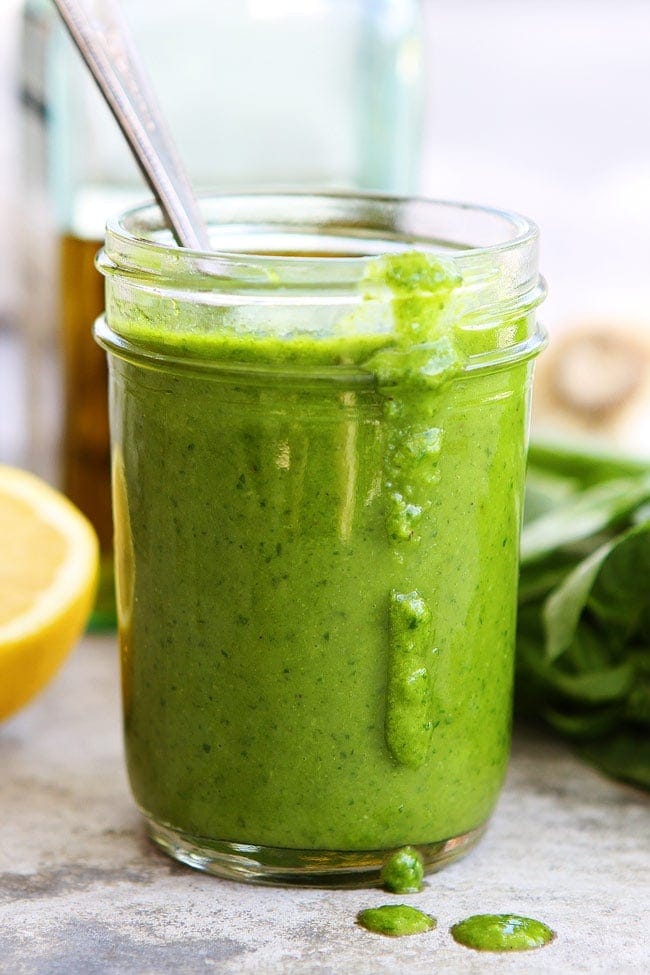
-
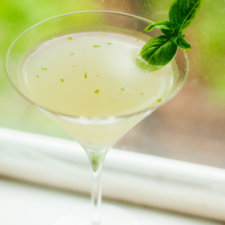
-
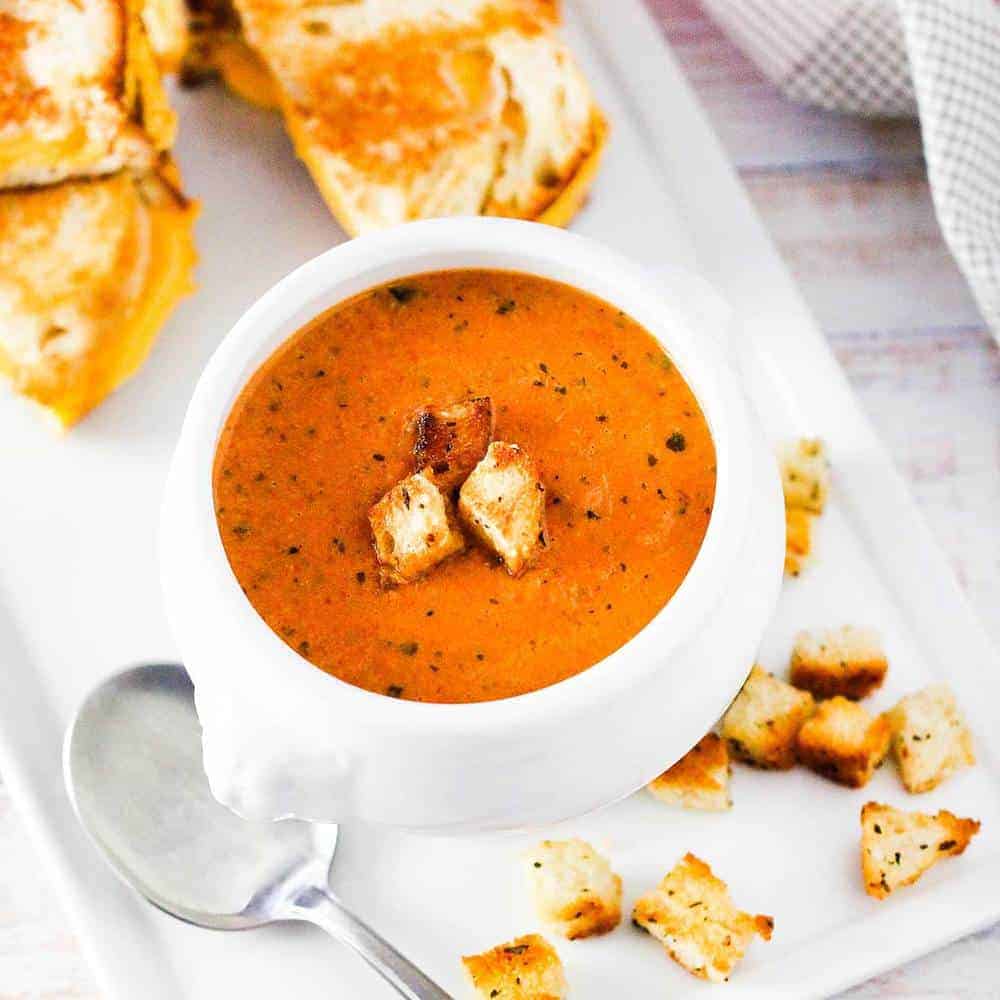
-
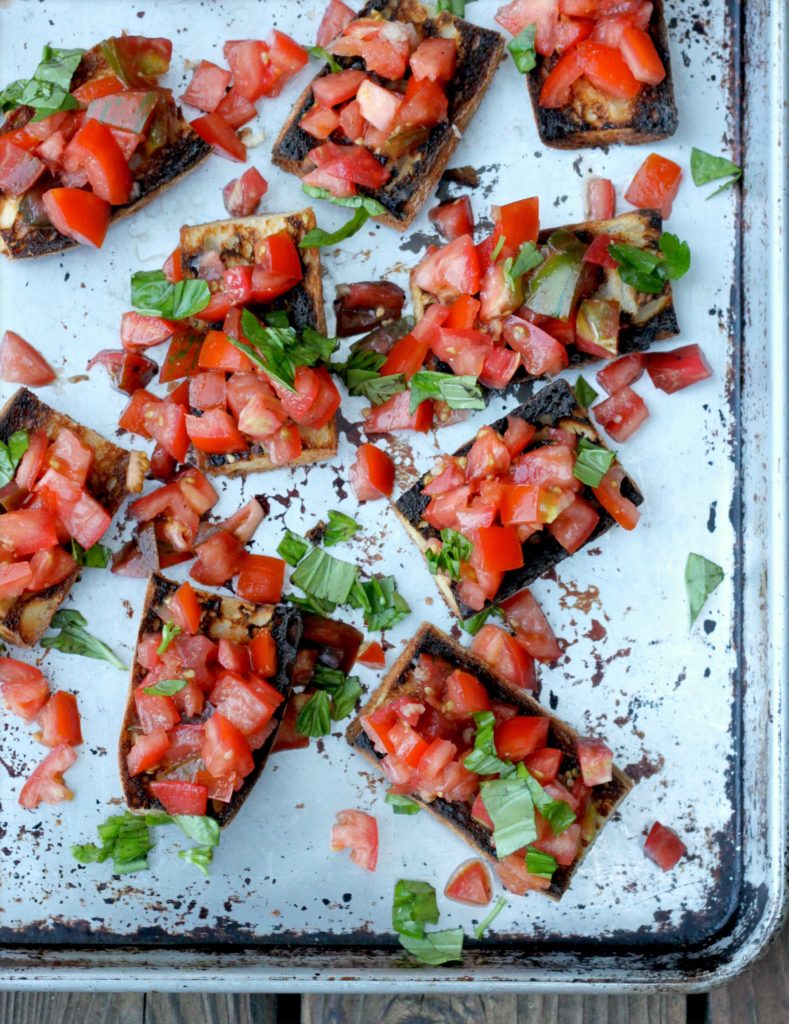
-

-
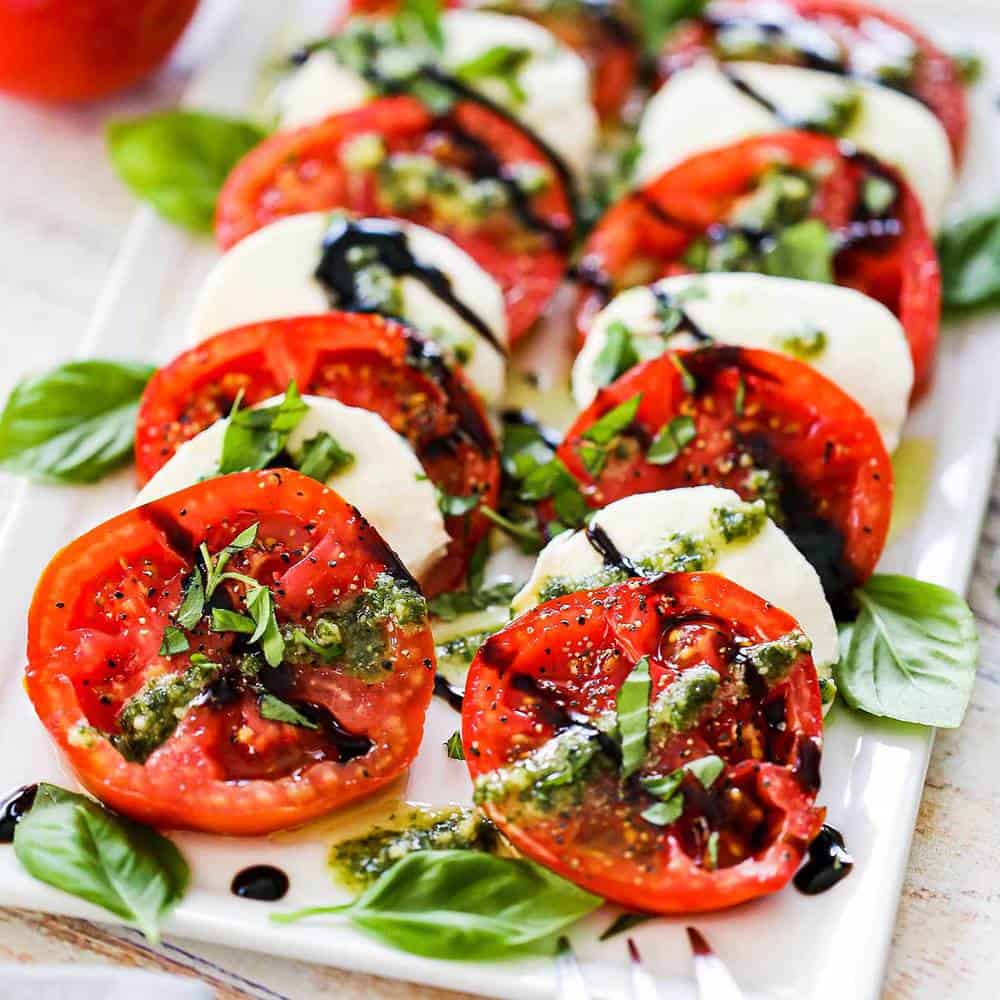
-
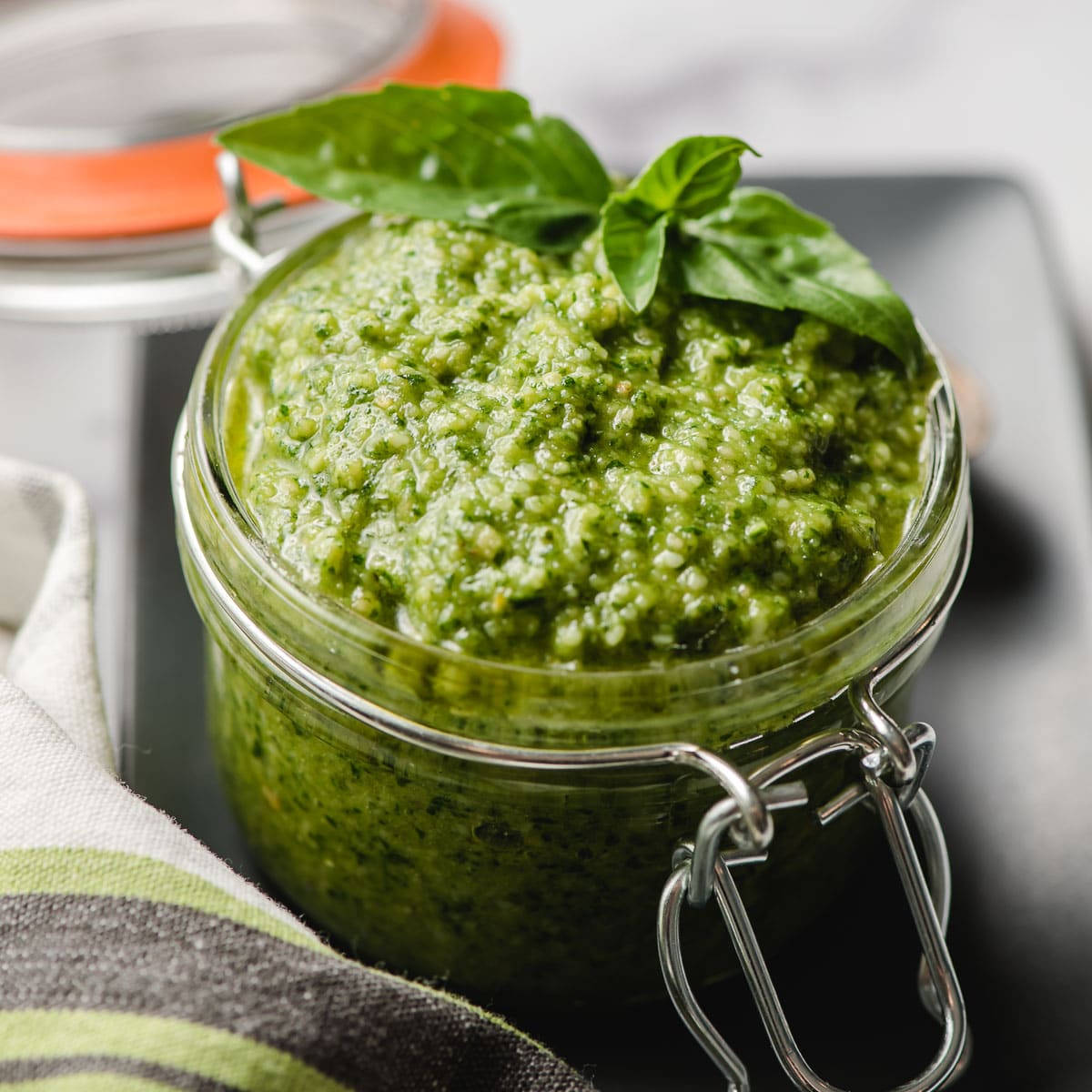
-
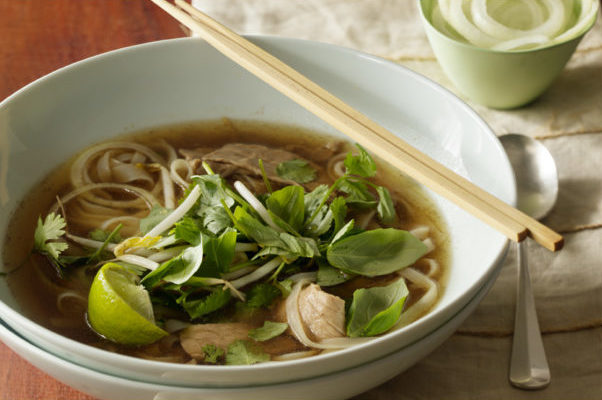
-
![Thai Basil Chicken Image]()
-
![Thai Green Curry Coconut Shrimp with Basil Image]()
-
![Tomato Basil Hummus Image]()
-
![Strawberry Basil Champagne Sparklers Image]()
-
![Edamame Basil Hummus Image]()
-
![Cucumber and Basil Slush Recipe Image]()
-
![Savory Basil Slice-and-Bakes Image]()
-
![The Rickshaw Image]()
-
![Pesto and Brie Grilled Cheese Image]()
-
![Pesto Quinoa Salad Image]()
-
![Basil Lemonade Image]()
-
![Bruschetta Benedict Image]()
-
![Pesto Kale Quiche Image]()
-
![Homemade Lasagna Image]()
-
![Spinach Pistachio Pesto Pasta Image]()
-
![Creamy Tomato Tortellini Soup Image]()
-
![Zucchini Parmesan Pasta Image]()
-
![Summer Caprese Salad Image]()
-
![Spinach Basil Pesto {Nut-Free} Image]()
-
![Grilled Italian Sausage and Peppers Image]()
-
![Zucchini Noodles with Pesto Image]()
-
![Avocado Strawberry Caprese Salad Image]()
-
![Spaghetti and Meatballs Image]()
-
![Tomato, Peach, and Corn Salad Image]()
-
![Thai Cabbage Salad Image]()
-
![Avocado Goat Cheese Pasta Image]()
-
![Grilled Cauliflower Steaks with Pesto Image]()
-
![Grilled Ratatouille Pasta Salad Image]()
-
![Grilled Pesto Potatoes Image]()
-
![Crispy Gnocchi with Basil Pesto Image]()
-
![Orzo Salad with Artichokes, Tomatoes, Chickpeas, Feta & Lemon Basil Dressing Image]()
-
![Healthy Caprese Breakfast Sandwich Image]()
-
![Vegetable Lasagna With Butternut Squash and Shiitake Mushrooms Image]()
-
![Creamy Avocado Pasta Salad with Roasted Vegetables Image]()
-
![Pasta Salad with Garlic Marinated Tomatoes Image]()
-
![Crunchy Green Salad with Dilly Chickpeas and Avocado Image]()
-
![Peach Panzanella Salad with Burrata and Bacon Image]()
-
![Chicken and Mango Rainbow Veggie Wraps Image]()
-
![Melted Mozzarella Caprese Crostini Toasts Image]()
-
![How to Make Homemade Chicken Parmesan Image]()


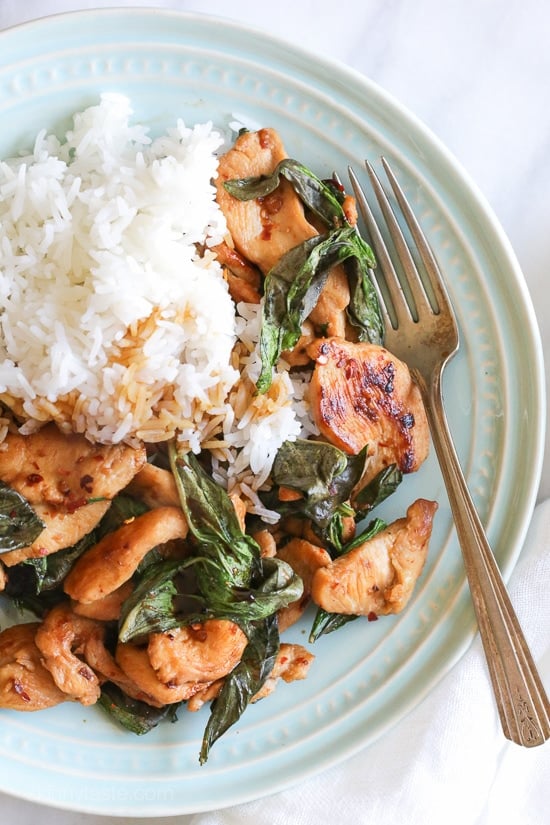

:max_bytes(150000):strip_icc()/GettyImages-923246080-fb583f7d1bfd4b98bf878ba7c40dd120.jpg)

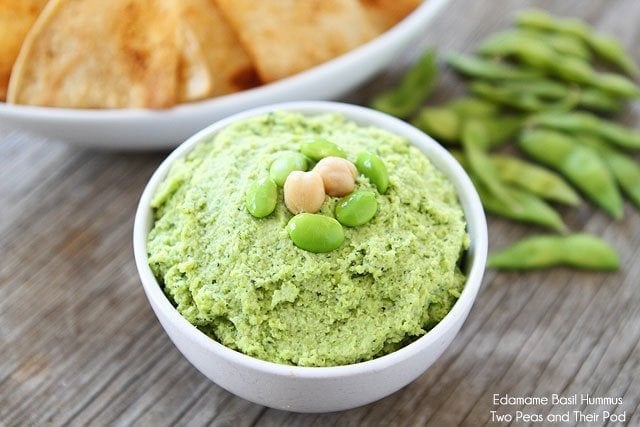
:max_bytes(150000):strip_icc()/__opt__aboutcom__coeus__resources__content_migration__serious_eats__seriouseats.com__recipes__images__2011__07__20110710-162777-seasonalcocktails-cucumber-basil_slush-5356a4ab931748979986526bf0ac17ed.jpg)
